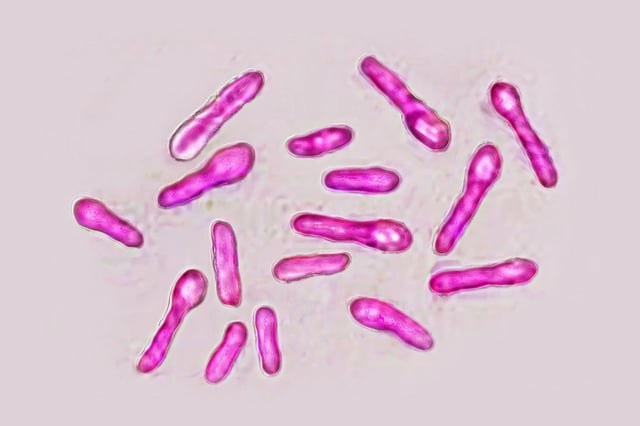Overview
- The Durham cluster represents Britain’s largest botulism outbreak in over a century, eclipsing the 1922 Loch Maree Hotel incident.
- UKHSA and MHRA probes have linked the illnesses to counterfeit botulinum toxin in unlicensed cosmetic injections and initiated enforcement against illegal suppliers.
- Practitioners connected to most of the suspected cases have ceased administering treatments, though health officials caution that more cases may yet arise.
- Reported symptoms include drooping eyelids, double vision, difficulty swallowing, slurred speech and lethargy, prompting hospitals to source scarce antitoxin from multiple regional centres.
- Authorities advise patients to verify practitioners’ credentials, obtain treatments only from licensed professionals and report any adverse effects via NHS 111 or the MHRA Yellow Card scheme.



